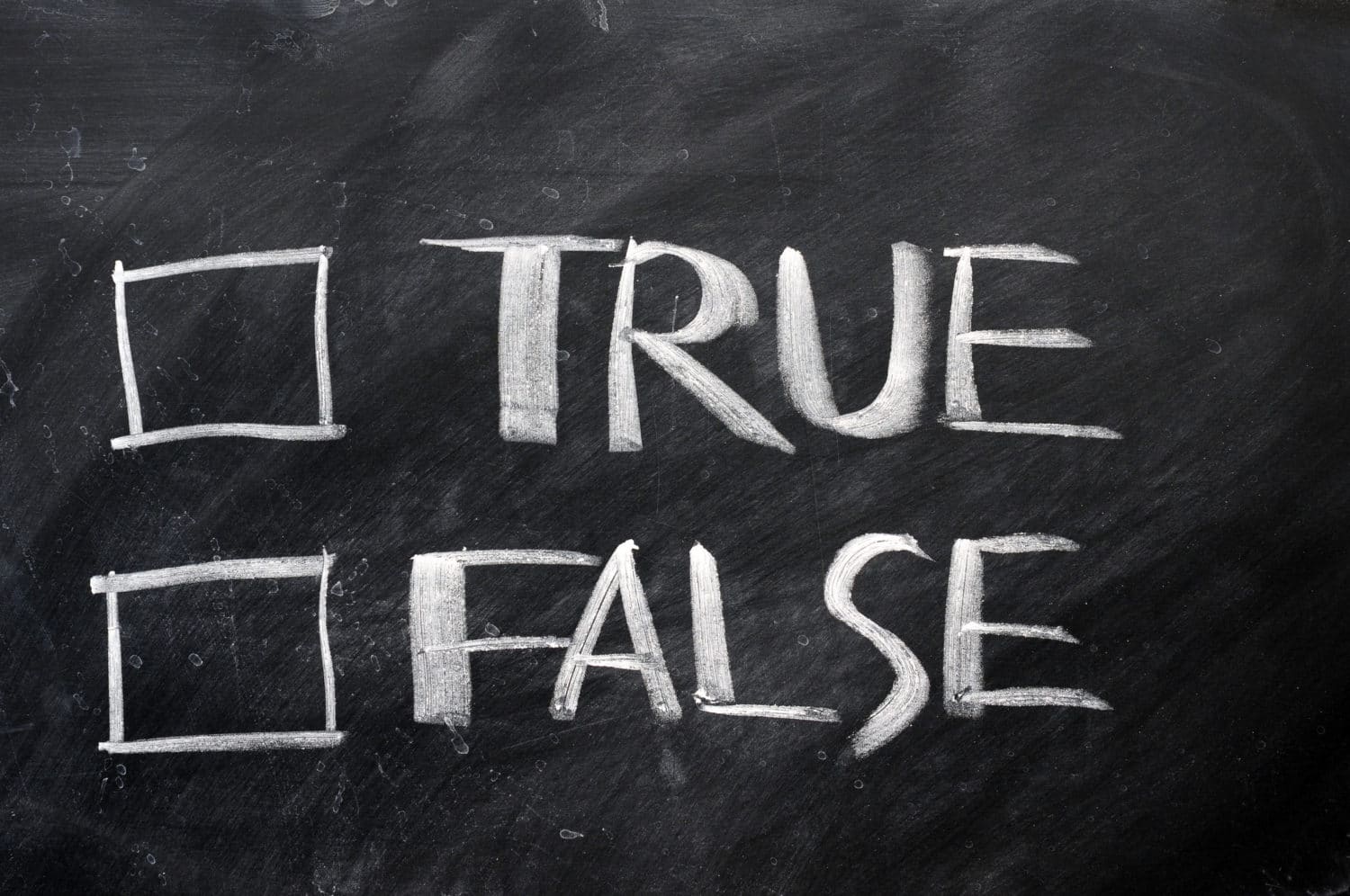
April 27, 2020, by Charlotte Gauja
10 Fitness Myths Busted
We are all learning to adapt to our new lives in Lockdown where activity in all its shapes and forms has taken on new meaning. For many physical activity is being used as a stress buster, as our daily outing or our daily workout in the garden. But with a lot of information online regarding Health and Fitness we want to test how much you know and bust some myths to ensure you are exercising in the best way for you during this period.
So how much do you know about fitness? – are these statements fact or fiction, True or False?
If you are not sweating you are not working hard enough
FALSE – Sweating is not an indicator of working hard, it is a natural response to your body after the temperature increases. Sweating aids the cooling down process to maintain a normal temperature.
Crunches lead to flat abs
FALSE – Since crunches only work a small portion of your abdominal muscles doing 100 crunches a day will not guarantee you a ‘6’ pack. Instead we recommend the best prescription is to vary your abdominal exercises – focus on upper, lower and side muscles and remember a healthy balanced diet will positively contribute.
Running alone will make you fit
FALSE – Running is a great cardiovascular workout as the intensity is key to raising your heart rate. However, adding in any other forms of training such as resistance training, yoga, pilates, cycling will make sure your whole body stays strong and avoid injury.
Drinking more water ill make your workouts easier and recovery faster
TRUE – Hydrated muscles are happy muscles . You can reduce soreness and recovery times by drinking consistently throughout the day and hydrating well after each workout.
Strength training can promote fat loss
TRUE – Bodyweight and weighted exercises increase muscle mass. As muscles burn more calories when at rest an increase in mass helps maintain lean muscle and reduce overall body fat percentage.
The more time you spend exercising the healthier you are
FALSE – Your body needs time to recover otherwise you risk injury. Aim for minimum 1-2 rest days per week to help your muscles to rebuild.
You need to increase your protein intake to build muscle
FALSE – As a general rule you need 1.4- 2.2gm of protein per kilo of bodyweight daily. This does vary depending on body composition, fitness goals and any underlying health conditions. Excess protein will be stored in your body as fat.
It does not matter what you eat if you are exercising
FALSE – You can’t out train a bad diet. Exercise is key to your overall health but this is strongly influenced by your diet. The quality of food you eat can affect your training and recovery processes.
You must stretch before a workout
FALSE – At the start of a workout static stretching is not the best thing for cold muscles.
Dynamic movements that increase the heart rate and ‘warm you up’ are the best for mobility and injury prevention – light jog, cycle, row, arm circles, leg kicks
Loosing sleep can affect your body
TRUE – Those who sleep <6hours per night are more likely to gain weight. Sleep deprivation increases production of the hormone Ghrelin which triggers hunger and appetite and reduces leptin which suppresses it. Adequate sleep helps your body to recover from the stress of your workouts and physical activity improves sleep quality and helps to increase duration. 7-9 hours is recommended. You can find our sleep tips online here.
How did you get on? We hope the blog has supported you on your health and fitness journey away from professional guidance. If you have any queries, we host Q&A’s on our Instagram channel every Thursday afternoon.
Head to our Health and Wellbeing Home for workout content, more blogs and other methods to help support you during this time: https://www.nottingham.ac.uk/sport/health-and-wellbeing-home.aspx
No comments yet, fill out a comment to be the first

Leave a Reply